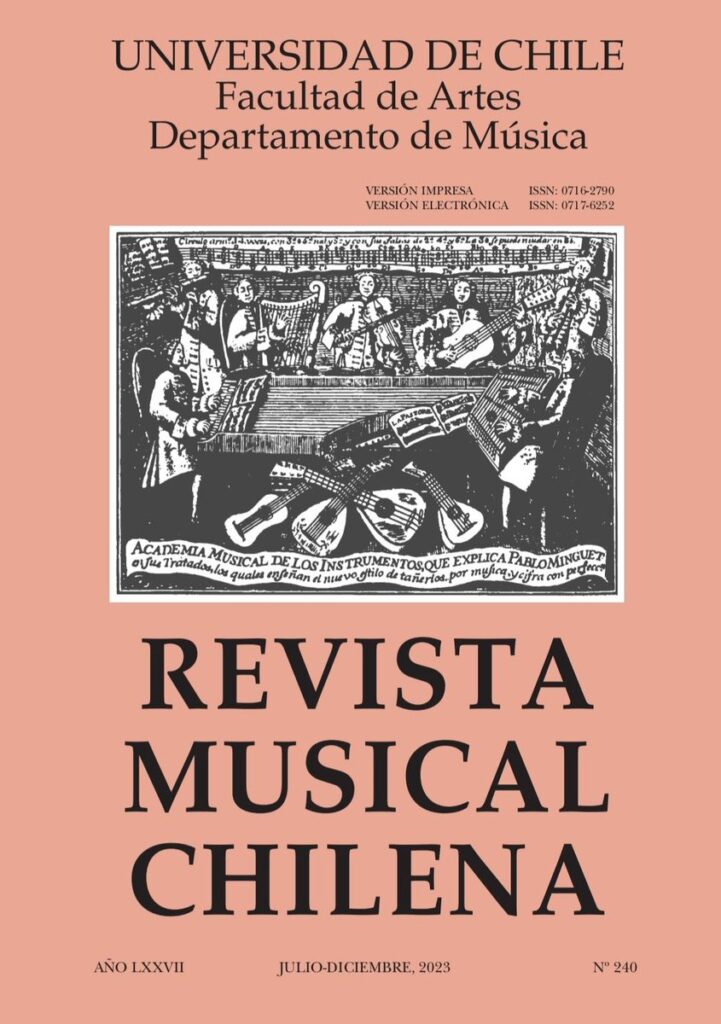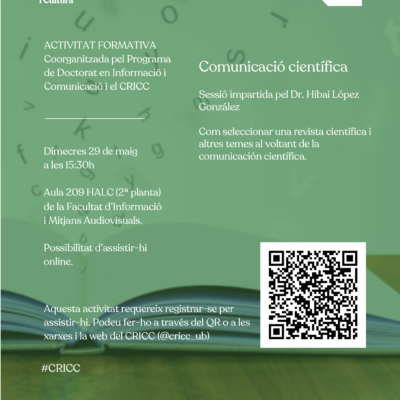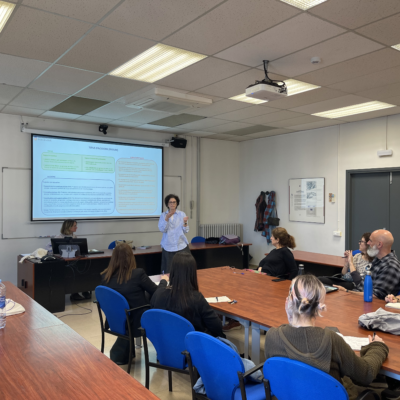This article analyses the extent to which the Chilean protests that began in 2019 and the COVID-19 pandemic have reconfigured the socio-technical networks connecting gender, music and technology. Based on digital ethnography, this study explores how digital information technologies have impacted the musical and organizational practices of female music workers. Specifically, the research involved monitoring and systematically recording the activities of the Chilean Network of Women Music Workers – Women and Dissidence (TRAMUS) on various digital platforms in 2020 and 2021, as well as 21 semi-structured interviews with members of the network. The analysis highlights how the deployment of technologies related to digital environments has facilitated the development of collaborative practices and mutual support among female music workers. These connections have allowed the construction of a collective feminist imaginary oriented towards a technological activism that seeks to influence social policy in order to eradicate the gender gaps that still exist in the music sector.
Calderón-López , A., & Villarroya, A. (2024). Aproximaciones etnográficas a los ensamblajes musicales de las trabajadoras de la música en Chile: el caso de TRAMUS. Revista Musical Chilena, 77(240), 14–40. Retrieved from https://revistamusicalchilena.uchile.cl/index.php/RMCH/article/view/66959






